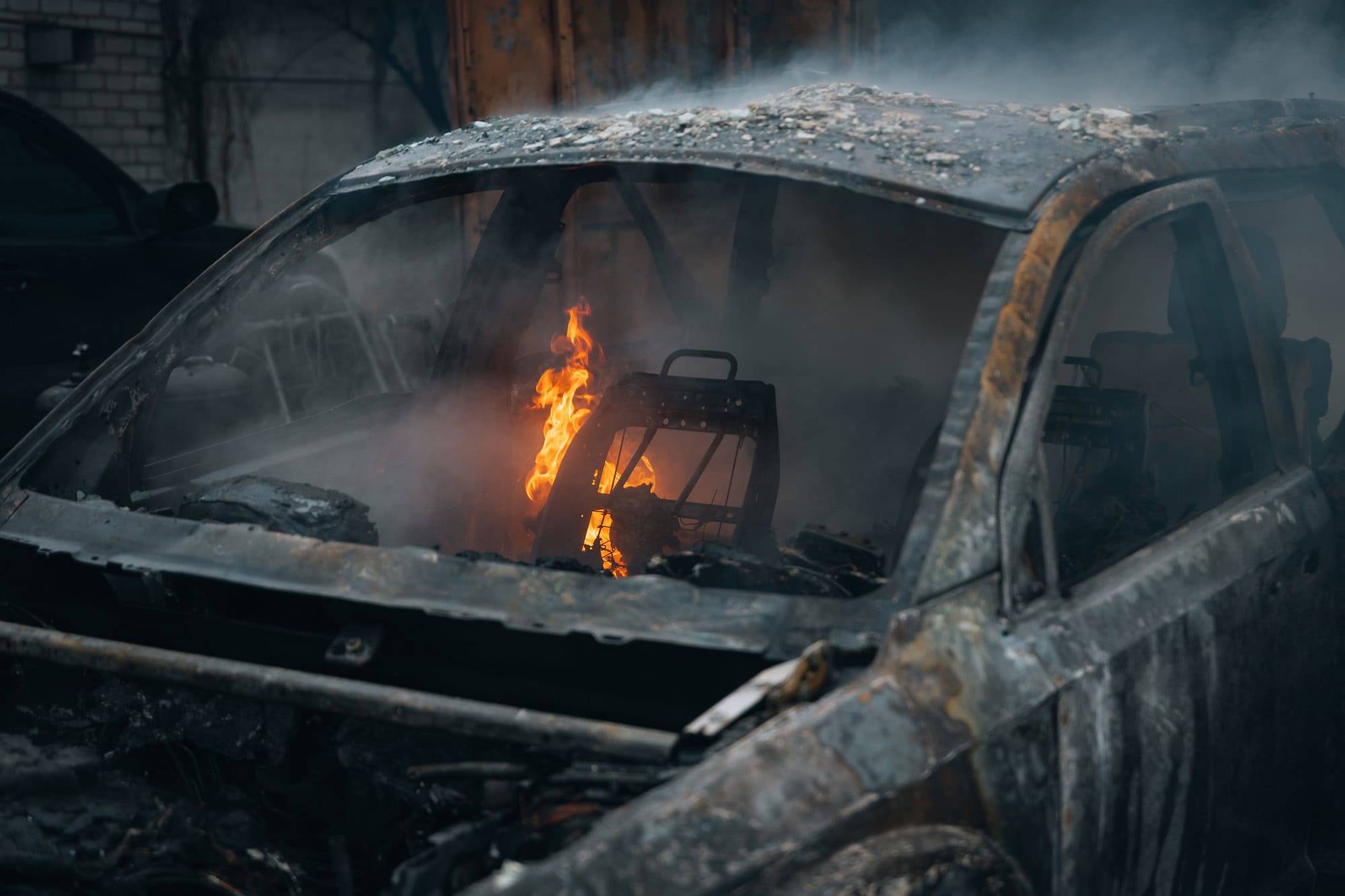AUTONEWS

A fire involving a Mercedes-Benz electric vehicle in Seoul, South Korea, this month sparked outrage. South Koreans were not only upset about fire safety concerns, but also about the discovery that the car was equipped with a battery from a lesser-known Chinese manufacturer, Farasis Energy.
The incident has brought to the fore the need for greater transparency from automakers regarding the batteries used in their electric vehicles.
Proposal to increase transparency on electric car batteries...To ease public anxiety, South Korea has proposed that automakers voluntarily disclose the brand of the batteries that power their cars. Currently, this information is not widely available to the public globally, despite the importance that electric vehicle users place on battery life and range in their vehicles.
Lithium-ion batteries burn at much higher temperatures than gasoline-powered cars when they catch fire, making fires difficult for firefighters to control. In the United States, it is rare for automakers to disclose the brand of batteries used in their cars. In the European Union, a mandatory “battery passport” for electric vehicles has been approved, detailing the manufacturer and source of materials, with a slated start date of 2027.
Automaker reactions and local measures...On Tuesday, the South Korean government’s top policy body recommended that automakers provide more transparency about the brands of EV batteries. The group plans to detail a comprehensive safety plan for electric vehicles next month. In recent days, Hyundai Motor, Kia, BMW Korea and Mercedes-Benz Korea have voluntarily disclosed on their websites who makes the batteries used in their electric vehicles. Even without official disclosures, motivated consumers have been able to find out the brands of batteries by asking the automakers directly, researching vehicle teardowns or reading news reports. Owners can also find out the type of battery they have when replacing the part in their vehicles.
Fire and “EV phobia”:
-The fire on August 1 occurred in an underground parking lot, a common occurrence in densely populated South Korea.
-The fire destroyed about 40 nearby cars and damaged about 100 others. Some residential complexes have considered banning electric vehicles from underground parking lots.
-Local governments are exploring the possibility of limiting charging at public EV charging stations to 80 percent of capacity to reduce the risk of fires.
-Local media have described the situation in the country as a sudden “EV phobia.”
Officials inspect a Mercedes-Benz electric car that caught fire in Incheon, South Korea. Photo: Yonhap via ReutersConcerns over Farasis Energy...The backlash from EV owners in South Korea has focused largely on the fact that the Mercedes-Benz EQE, which starts at about $67,000 in the country, was equipped with a battery from Farasis.
Mercedes-Benz has opted not to use batteries from local manufacturers or better-known Chinese companies such as CATL. Fire risks involving Farasis batteries were cited as a reason for the recall of about 32,000 electric vehicles in 2021 by China-based BAIC.
South Korean authorities have not yet determined the exact cause of the Mercedes-Benz fire. Mercedes-Benz’s local subsidiary said it would cooperate with the investigation. Farasis Energy did not respond to requests for comment from The Wall Street Journal.
Mundoquatrorodas


Nenhum comentário:
Postar um comentário